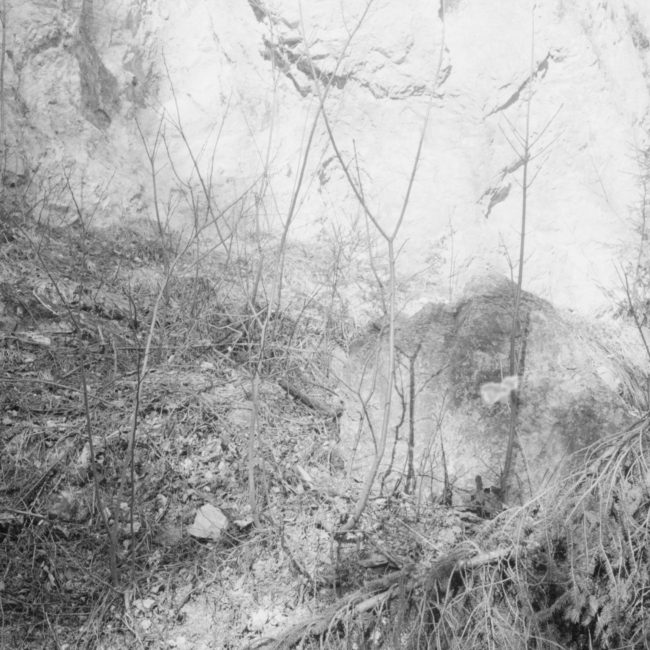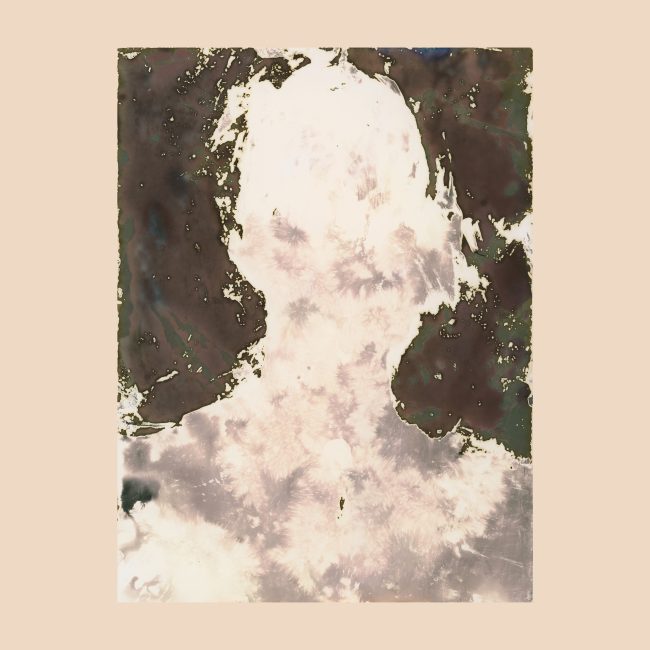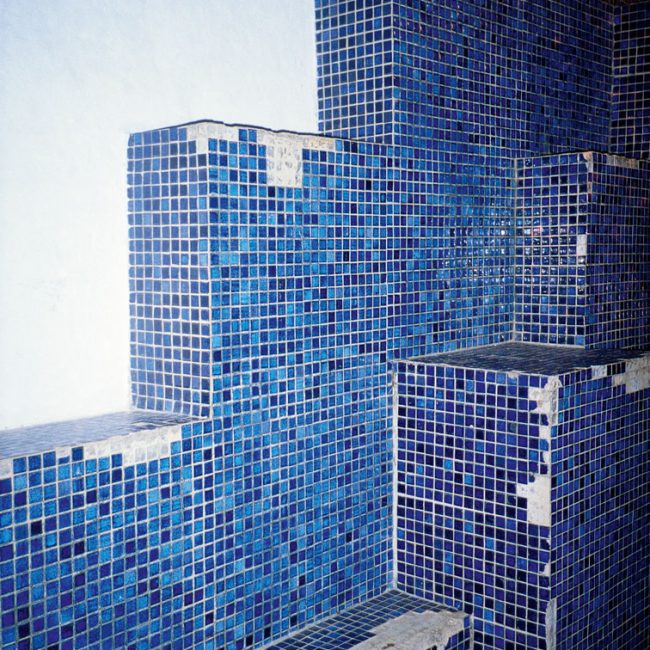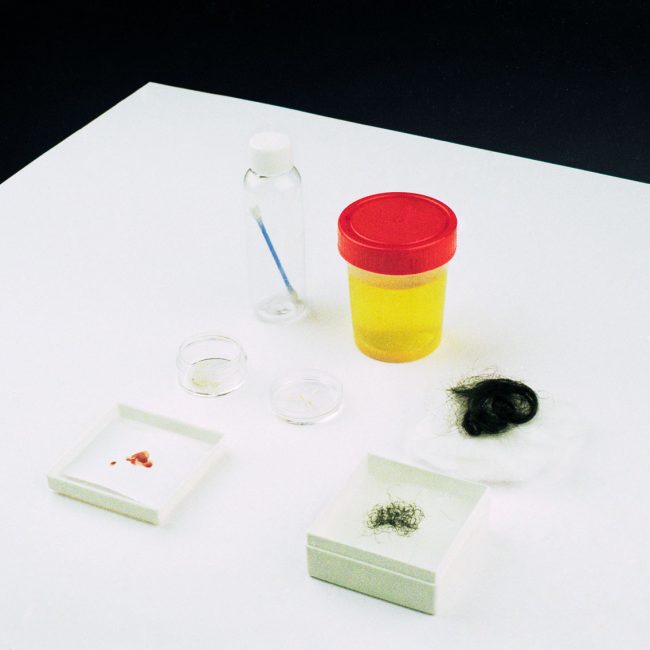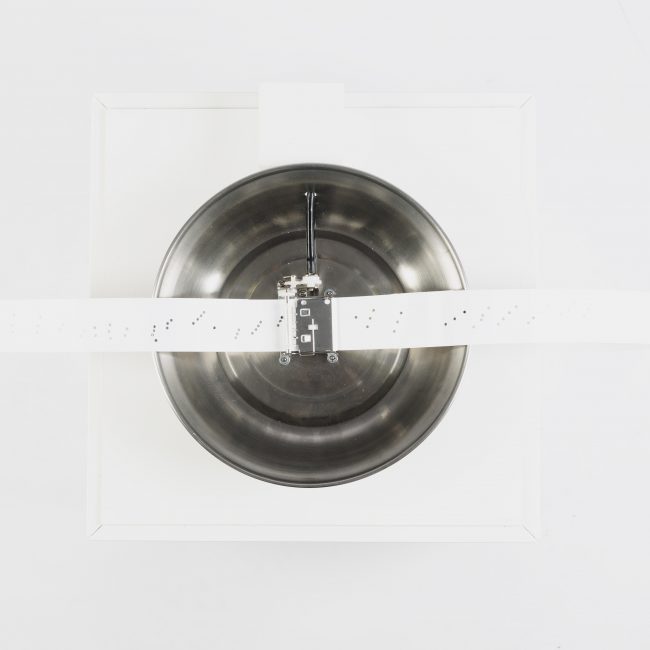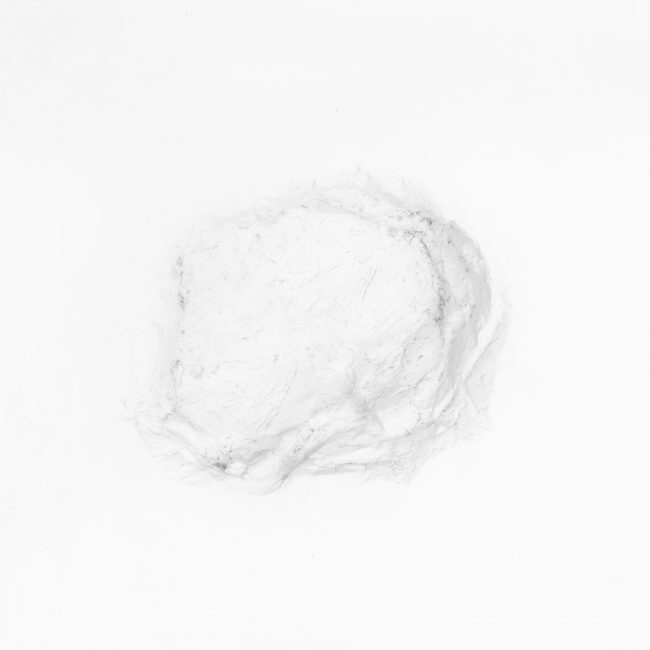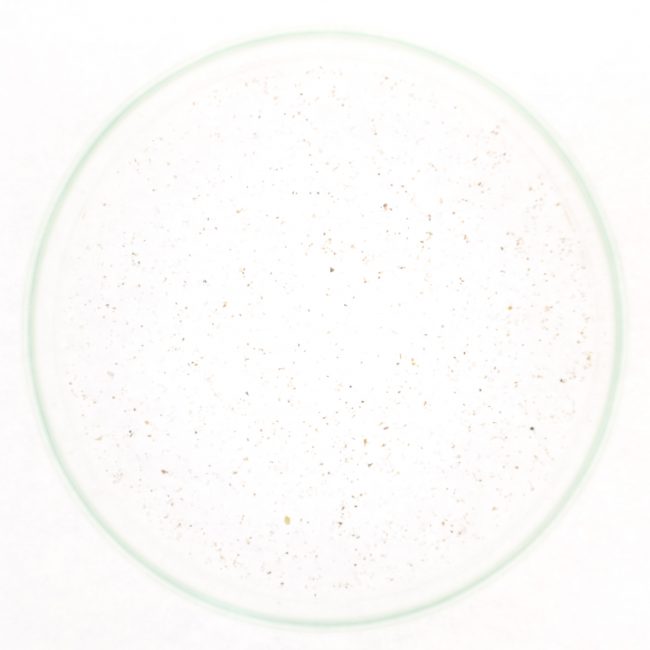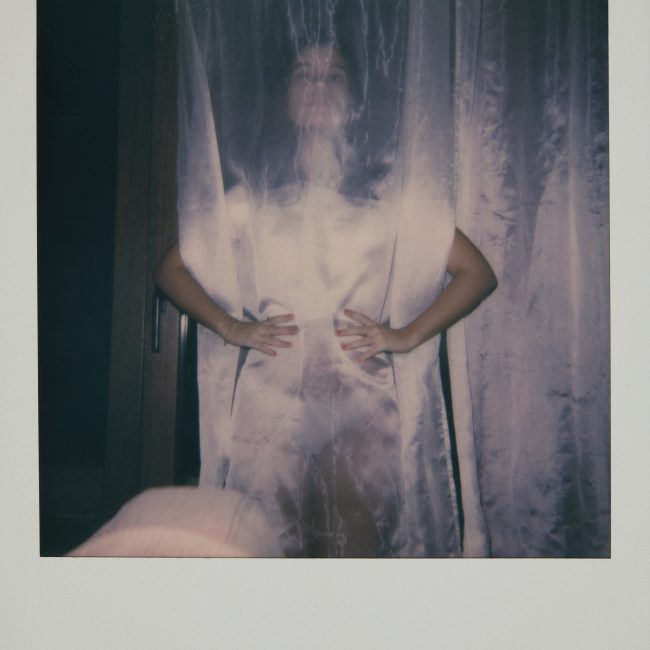fbaul
Faculty of Fine Arts
universidade de lisboa
LATEST PROJECTS
about the institution
COURSES AND CURRICULAR UNITS OF PHOTOGRAPHY
BACHELOR’S DEGREE IN MULTIMEDIA ART
PHOTOGRAPHY
The curricular unit of Photography provides an initiation to autonomous artistic development supported by a series of technical, practical and tutorial principles taught in class and in laboratory.
EXPERIMENTAL PHOTOGRAPHY
The main goal of the course unit is to provide students with an open understanding of photography through the presentation and development of the main photographic genres, throughout its history until the contemporary practice, sustained by the reciprocal relationship between the pictorial form and the evolution of scientific and technological knowledge.
IMAGE THEORY I
Having as a general goal the acquisition of structuring skills in the broad field of Visual Studies, as a transdisciplinary field of reflection and research of the image, Image Theory I has as specific objectives a) To study the image as a visual artifact that, in its multiple physical and conceptual variants and as a result of creative processes, asserts itself as an object of communication; b) To understand the conceptual aspects that define the image, the operative resources of the visual language it uses and the fundamental meanings it conveys; c) To investigate, identify and clarify the relations that images create and establish with other objects with which they are familiar or differentiate, regardless of contexts, categories and boundaries traditionally defined
CONTEMPORARY PHOTOGRAPHY (OPTIONAL)
A theoretical-practical course with a projectual scope that seeks to endow students with a set of historical and aesthetic tools that focus on the relationship that contemporary photography establishes with the fine arts. The trends operated by photography in contemporaneity are investigated from themes and genres, establishing interdisciplinary crossings with the area of multimedia that amplify and sediment the photographic medium for new approaches and dialogues within the universe of installation, video art, sound, painting or sculpture. The authorial work is accompanied in a tutorial regime so that the student consolidates and enriches the sustained development of his photographic project.
VISUAL CULTURE (OPTIONAL)
The objectives of the course are: to know the historical framework of visual culture; to exercise critical thinking in the presence of cultural manifestations; to articulate critically theoretical formulations; to frame and discuss contemporary issues in the field of visual culture; to know the various types of studies and themes within the discipline; to know the main authors, texts and schools of thought; to master the fundamental concepts; to write commentaries, reviews, or documented essays.
IMAGE THEORY II (OPTIONAL)
Having as its general objective the acquisition of structuring skills in the broad field of Visual Studies, as a transdisciplinary field of reflection and investigation of the visual, Theory of Image II has the following specific objectives: a) To deepen the capacity of reflection, analysis and interdisciplinary understanding of images; b) To guarantee scientific training capable of relating visual creation in the different paths in Multimedia Art, operating multidisciplinary approaches to the problematic of the image in contemporary visual culture; c) To provide research methods and techniques that help the student in the construction of a personalized path.
POSTGRADUATE COURSE IN DISCOURSES OF CONTEMPORARY PHOTOGRAPHY
AUTHORIAL PROJECT I
Through seminars with invited artists, a visual investigation will be initiated that will allow the creation of an individual project proposal. Each artist will be responsible for guiding a set of projects in a logic of individual and group tutoring.
AUTHORIAL PROJECT II
Through seminars with the invited artists, a visual investigation will be initiated that will allow the creation of a proposal for an individual project. Each artist will be responsible for the orientation of a set of projects in a logic of individual and group tutoring.
SEMINAR I
Curricular unit of reflection and historical contextualization of photography and artistic currents. Reading and analysis of the guest artists’ works placing them in the context of contemporary photography discourses.
SEMINAR II
Course unit of reflection and historical contextualization of photography and artistic tendencies. Reading and analysis of the works of the invited artists placing them in the context of contemporary photography discourses.
ADVANCED LABORATORY I
The photographic artistic practice is built on a rich history of technical development that determines and challenges its aesthetic canons. This course will analyze how these developments have created new paradigms in the way photography is thought, recorded, distributed and exhibited. It will also cover the processes, formats and techniques essential to a current understanding of the photographic means of production – analog and digital. The course will support the various stages of production of the authorial project, culminating in the production of the final exhibition.
ADVANCED LABORATORY II
The photographic artistic practice is built on a rich history of technical development that determines and challenges its aesthetic canons. This course will analyze how these developments have created new paradigms in the way photography is thought, recorded, distributed and exhibited. It will also cover the processes, formats and techniques essential to a current understanding of the photographic means of production – analog and digital. The course will support the various stages of production of the authorial project, culminating in the production of the final exhibition.
PLANNING AND ORGANIZATION OF EXHIBITIONS
The exhibition is the medium through which contemporary art acquires visibility, to the point that it is now a fundamental element of our visual culture. This is why, in recent years, there has been a growing interest in the ways of conceiving and organizing exhibitions. Thus, this course unit discusses the most recent developments in critical discourse regarding curatorial practice, and analyzes the methodologies underlying the implementation of projects. Students are guided to develop their individual exhibition project culminating in a final photography exhibition.
CENTER FOR RESEARCH AND STUDIES IN FINE ARTS
CIEBA
CIEBA’s mission is to transform the cultural, academic and scientific landscape of Portugal through leadership in consistent artistic research and knowledge support, thus developing research in Art, Design, Heritage, Art Education, involving more and better researchers and reaching new audiences, present and future.
contacts
- Largo da academia nacional de belas-artes
1249-058,
lisboa
- tel: (+351) 213 252 100
- email: comunicacao@belasartes.ulisboa.pt
- www.belasartes.ulisboa.pt
1249-058, lisboa


